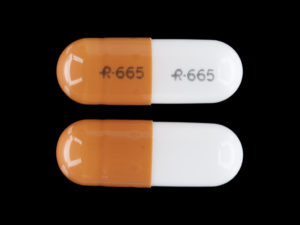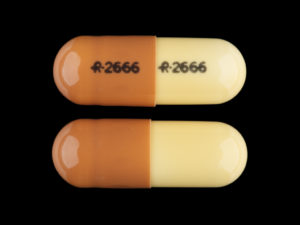Gabapentin
Uses
Gabapentin is prescribed to treat people who need to be treated for post herpetic neuralgia.
Formulation – Gabapentin is formulated using lactose, corn starch, talc, gelatin, titanium dioxide.
Gabapentin is a drug that belongs to the Gamma-aminobutyric acid analogs drug class, and it has been found useful in additional to its main prescribed use to treat, Postherpetic Neuralgia and Epilepsy. If any side effects are caused by this drug a range of alternative drugs, listed further down this guide, may be prescribed.
Side Effects / Precautions
The side effects that can be experienced when taking Gabapentin include fatigue, viral infection, ataxia, nystagmus, dizziness, drowsiness, sedation, and fever. Other side effects include tremor, blurred vision, diplopia, peripheral edema, xerostomia, amblyopia, and irritability.
Gabapentin does have side effects as mentioned above, and if you experience any of the above side effects, you should consult a doctor or medical professional immediately. As a precaution you should also have a discussion with your doctor to see if this drug is suitable for you if you have any pre-existing medical conditions.
Alternatives
Lyrica – One of the many different alternative drugs that you may be prescribed is this one, and it is a drug that has been found to be a good alternative should you be suffering from postherpetic neuralgia. There are several other alternatives you could be prescribed by your doctor for that condition and they are Neurontin, lidocaine topical, pregabalin, Lidoderm, Gralise, capsaicin topical, Horizant, Zostrix, Qutenza, Trixaicin, Capsicum Oleoresin.
Lyrica, Neurontin – Should you be suffering from Epilepsy and you are suffering any side effects then this drug is one alternative you could or may be prescribed. Should you be found to be intolerable then you will find there are several other alternatives available including Depakote, Keppra, levetiracetam, carbamazepine, Dilantin, divalproex sodium, Tegretol, phenytoin, pregabalin, acetazolamide.


